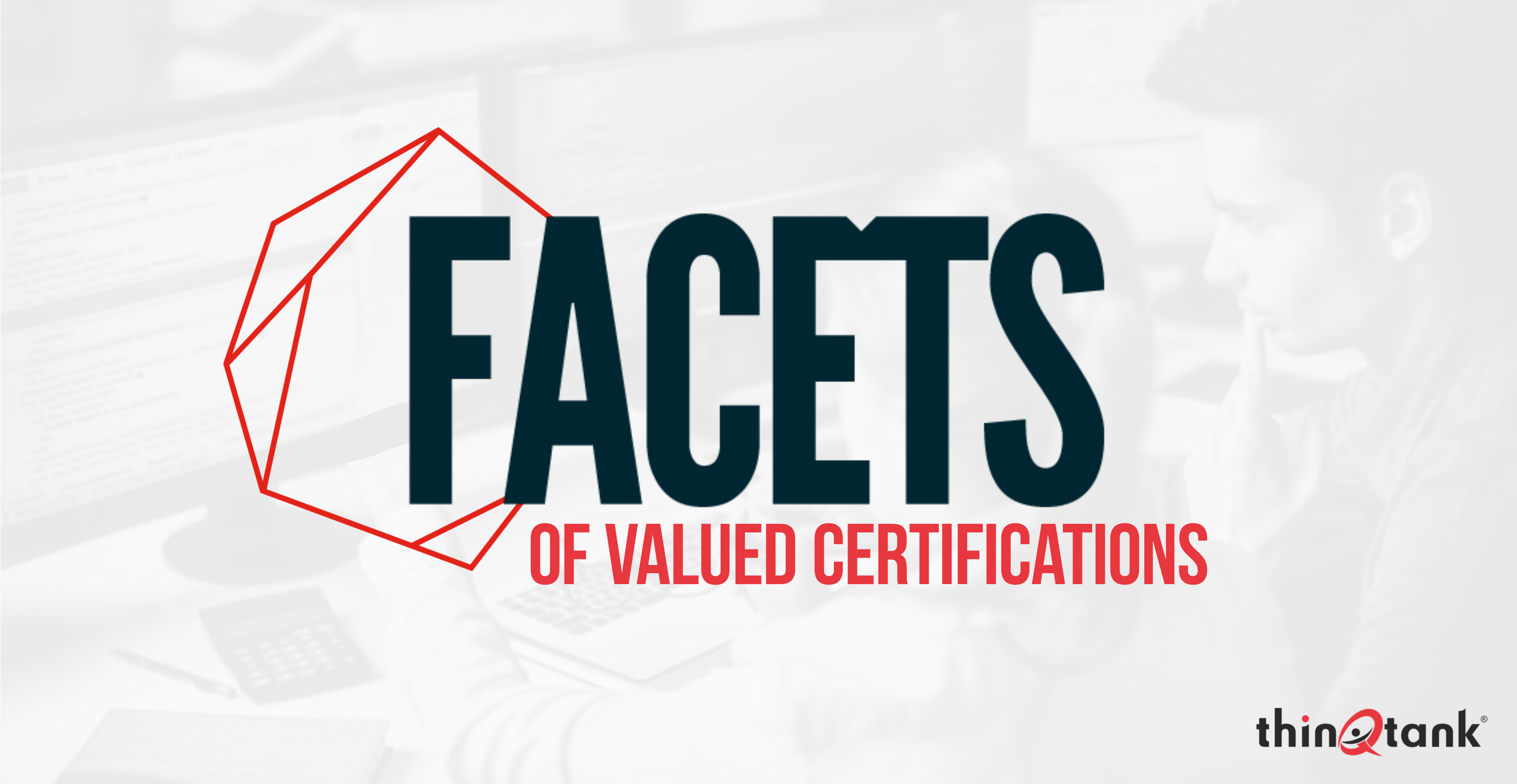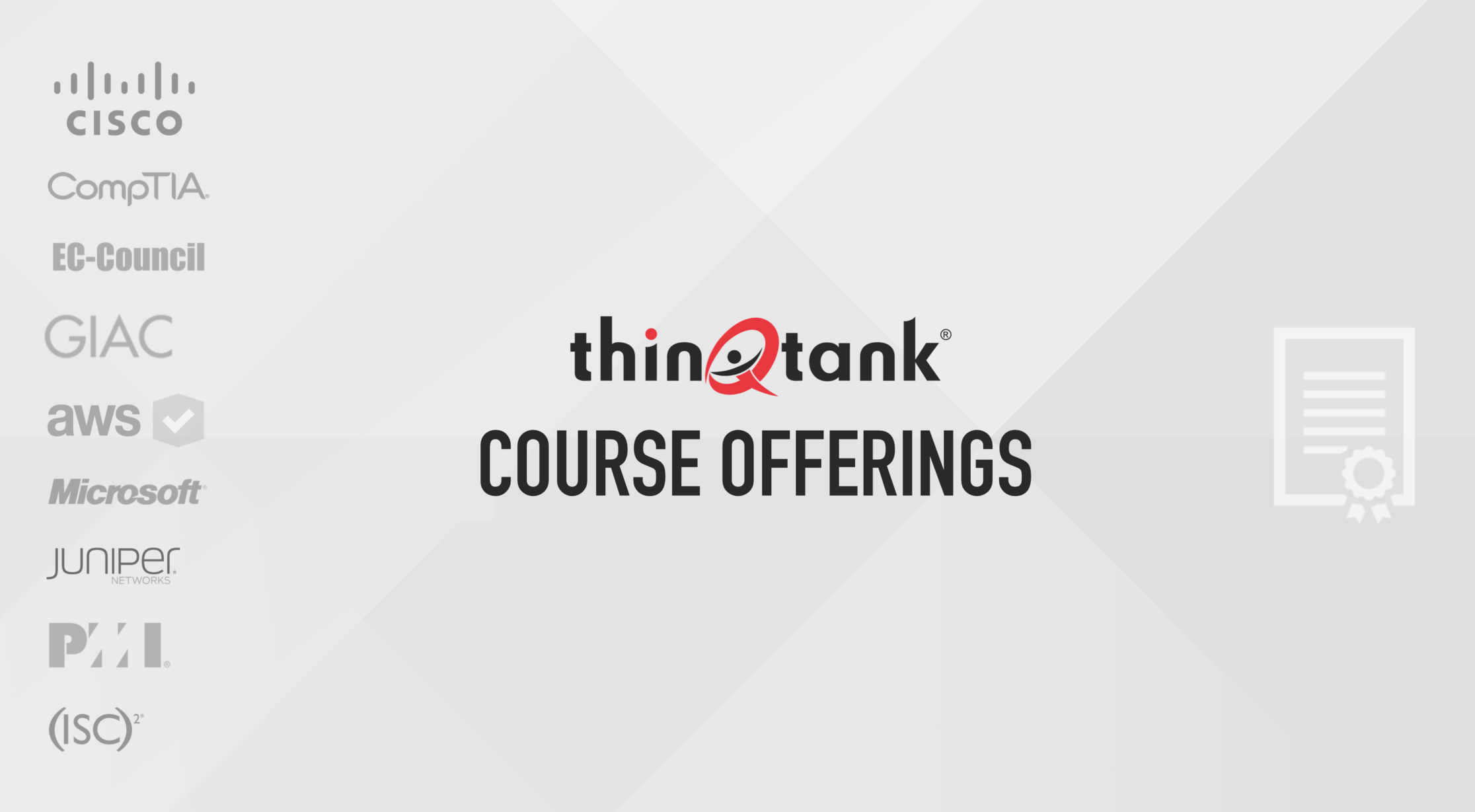Facets of Valued Certifications

Education, validation and recognition – just a few characteristics of a quality professional certification that distinguish individuals who have demonstrated particular knowledge or skills required for a specific role or profession. There are many benefits of voluntary certifications and tremendous value derived from earning credentials, employing certified individuals, creating certification programs and relying on those demonstrated competencies.
Professional certifications today are one of the best and most effective mechanisms to assess the knowledge, skills and experience needed to perform a specific role. Certifications can have a direct effect on hiring decisions, customer satisfaction, sales opportunities, salaries and regulation of ethical practices. Certification is an ‘everyone wins’ enterprise, playing a part in helping individuals, organizations, industry and the public meet their financial, employment, ethical and regulatory goals.

In an increasingly competitive global employment landscape, certification allows individuals to differentiate themselves from others. For hiring managers in any field, certification affirms that an applicant is driven to achieve, shows commitment to their profession and, most importantly, possesses validated knowledge and skills. The resume that denotes professional certification is more likely to be granted an interview.
Regarding advancement within an organization, certification helps managers identify employees with the latest skills, knowledge and drive to move into leadership positions. This is especially true in industries that face rapid and dramatic changes such as technology.

CompTIA conducted a research study aimed at gaining insight into how IT hiring managers evaluate job candidates and the role of certifications in the hiring process, found credentials, such as IT certifications, are factors in decision-making. ‘From the employer’s perspective, top benefits of IT certification are validation of an individual’s ability to understand new or complex technologies, higher productivity and more insightful problem solving,’ says Tim Herbert, VP Research, CompTIA. The survey found that 86% of hiring managers indicated IT certifications are a high or medium priority during the candidate evaluation process.
This preference for certification is largely based on improved effectiveness, and is also valuable for a company’s reputation. Employees who have earned certification, either as a part of specialized training or work experience, have demonstrated a level of competence that can affect perception among customers.

The strength of a professional certification is based on a fundamental trust that a person who receives a credential has proven he or she possesses the required experience, knowledge or skills of a particular profession or practice. This credibility is paramount in order for the credential to maintain value for individual stakeholders, the profession and the public. Here are five characteristics of a valued certification:
Built on Demonstrated Market Need. There must be perceived value in distinguishing those who have proven competency and those who have not.
Objectivity. Qualified and independent subject matter experts, third-party endorsement and autonomy in governing the certification program are essential in developing and maintaining a valid and legally defensible credential.
Rigor. A certification that requires little effort or knowledge or one that everyone can earn typically has lower value than one that demands great effort, experience, knowledge and skill. A rigorous regimen of training and assessment is essential to a successful certification program, which by its nature is often perceived as a competitive advantage.
Emphasis on Ethics. Ethical conduct covers a broad range of topics, from protecting the certification exam from cheaters to ensuring the ethical practice of the profession.
Re-Certification. Because all industries and organizations grow and change, professionals that serve them must do the same.


If you have any questions about our Training and Certification Programs, we would love to hear from you! Give us a call at 855-TO-THINQ (855-868-4467) or email website@thinqtanklearning.com.


